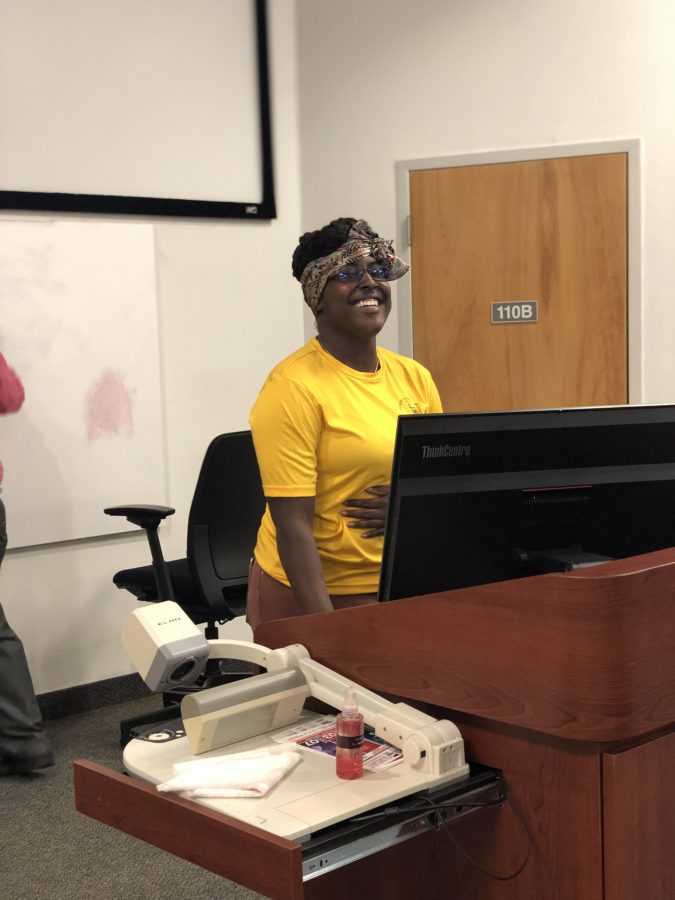When thinking of generation “Z” or the “iGen”, there are tons of questions as to what is going on within the brains of this generation in terms of the thinking process, handling emotions, face-to-face interaction and many other mental aspects.
Dr. Jean Twenge, a professor of psychology at San Diego State University, has done extensive and tireless research on this generation and why there seems to be a higher chance for these younger people to experience depression, anxiety, sleep deprivation, and overall unhappiness. Twenge has an accomplished academic career including BA and MA degree from the University of Chicago and a Ph.D. from the University of Michigan.
Twenge is a well-known name in the circle of psychology as she has appeared on numerous tv shows including Good Morning America, Today, CBS This Morning, Dateline NBC and National Public Radio. By way of public speaking through seminars and talks to the general public, her hopes are to reveal why these trends are taking place and to possibly correct the trends that are troubling in a way.
Dr. James Meier, a professor and jack of all trades for the College of Central Florida so to speak, is the coordinator for TLEI or Teaching Learning Engagement Institute. His jobs range from planning professional development days for the faculty of CF to also inviting speakers for the students and faculty.
When asked how he came about inviting Twenge to the campus, Meier said “Part of my job is to invite speakers, primarily for faculty but in this case, she’s speaking to both the public, students and faculty.” Meier also went on to say that, “I look at what other colleges do by way of inviting certain types of speakers addressing certain topics of interest to the public.”
There are many different aspects that can be heard when wanting to know the opinions of Twenge’s research and how it affects them including educators such as Meier. When asked if Twenge’s research can be influential, here is what he had to say “Reading through her book gave me a lot of clues as to how to change my teaching method, but more than anything else it gave me insight into my own teenagers. She addresses the book in not only an academic setting, but she also talks to potential employers, parents and adults who deal with adolescents.”
Twenge came to speak to the general public, CF students and others in the local community on February 10 about her new book “iGen”. The book and her speaking was mainly about why generation “Z” is and how they handle life in general.
Twenge talked about different ways that technology benefits and hurts the generation mentally due to their high usage as a group. Amber Durell, a CF freshman student, spoke about the impact Dr. Twenge’s presentation had and what data opened her eyes about generation “Z”, “I was shocked to hear how not a lot of people in that age group are not drinking, smoking or having sex.”
The main points that Twenge wanted to convey to the audience was that with the rise of phone usage, it has caused monumental changes in adolescents causing sleep deprivation, overall unhappiness, depression and many other due to the dependency of phones. The amount of usage with technological devices appears to have a direct correlation to the rise in these unwelcomed mental issues in generation “Z”.
Twenge talked about how rapid the technology adaption came about, “The first smartphone was introduced in 2007 and by the end of 2012 there was a market saturation with the percentage of Americans owning a smartphone crossing the 50 percent threshold.”
Depressive symptoms in females from 1991-2015 has jumped from 23% to almost 34%. Common phrases from teens such as “can’t do anything right,” “my life is not useful,” and “do not enjoy life,” all have had a rise among 8th, 10th and 12th graders from 1991-2015 with “can’t do anything right,” jumping from 26.5% to close to 37%, according to Twenge’s newest book “iGen”.
When speaking with Twenge she was pleased with the turnout and was happy to see all multiple generations ranging from “baby boomers” to “millennials” and “generation z”. Twenge is hoping that educators and parents take away key lessons and seeing concrete evidence being shown to them in person to use towards their own personal situations.
Twenge talked about these helpful clues that parents, educators and other leadership positions. “It’s nice to see what’s really happening, on average, and what happens is we talk to kids themselves and how they’re spending time and money and what shows up”. Twenge also said, “That’s what I liked doing with some of these data sets and just trying to get good data on what’s really going on.”
The past is the past and there is nothing anyone can do to change what has happened but the future is everything and there are still negative trends that need to be addressed as to avoid more issues with the next generation that comes along.
When asked about what direction this could go in terms of the negative trends and whether or not the world will be to come to solutions or progressively get worse, Twenge was not ready to play fortune teller, “I try not to predict the future, when the next data set comes out let’s just see what it tell us.”
This whole dilemma so to speak is a big issue in today’s society as the world tries to usher in generation “Z” as they become the leaders of the world in the 15-20 years. Twenge was able to put all of her findings together for a great presentation that was represented by saying, “This is not just an event that happened across the world or something that happened to somebody’s parents. It’s something that happens to this generation and arguably, most of us every single day for hours at a time.”
Story & photos by: Allen Barney



